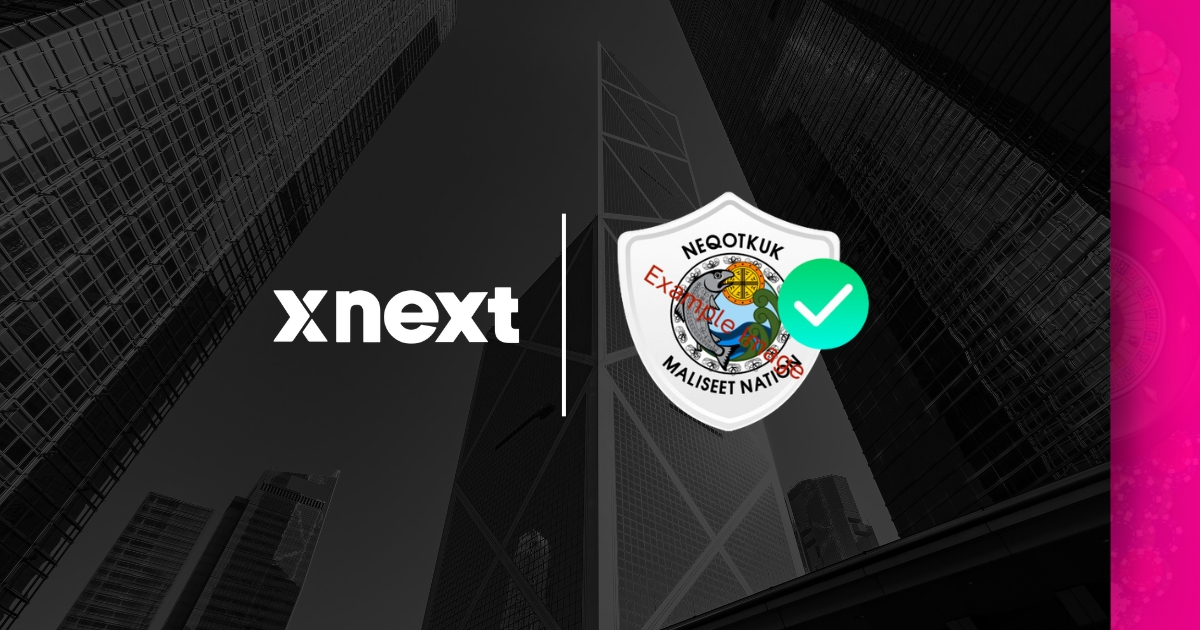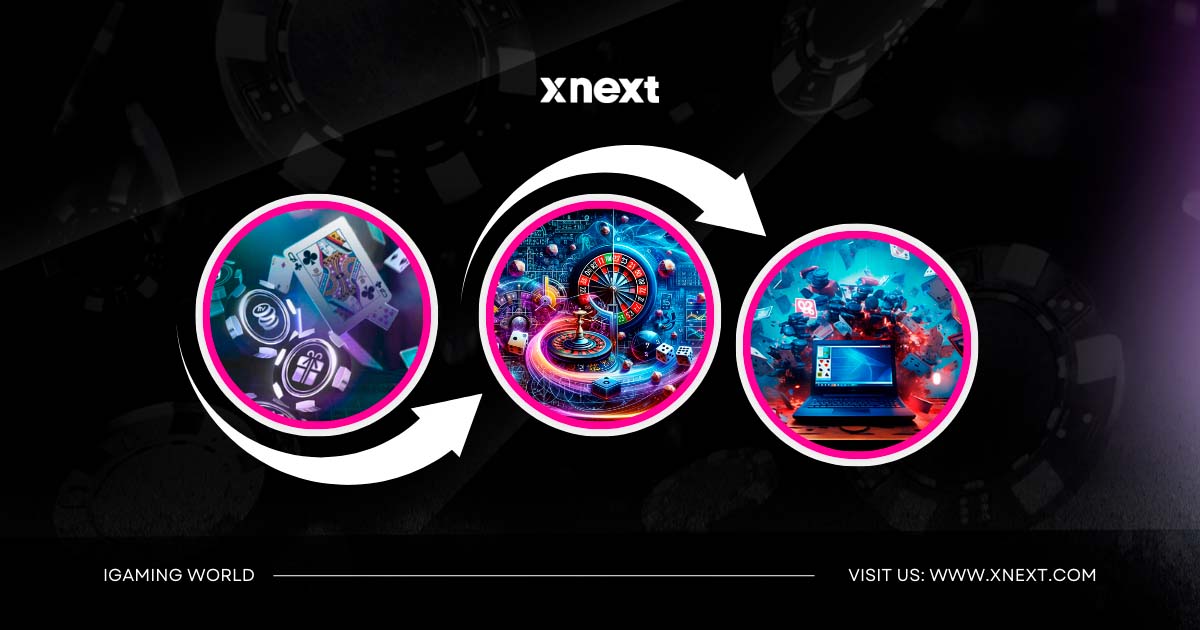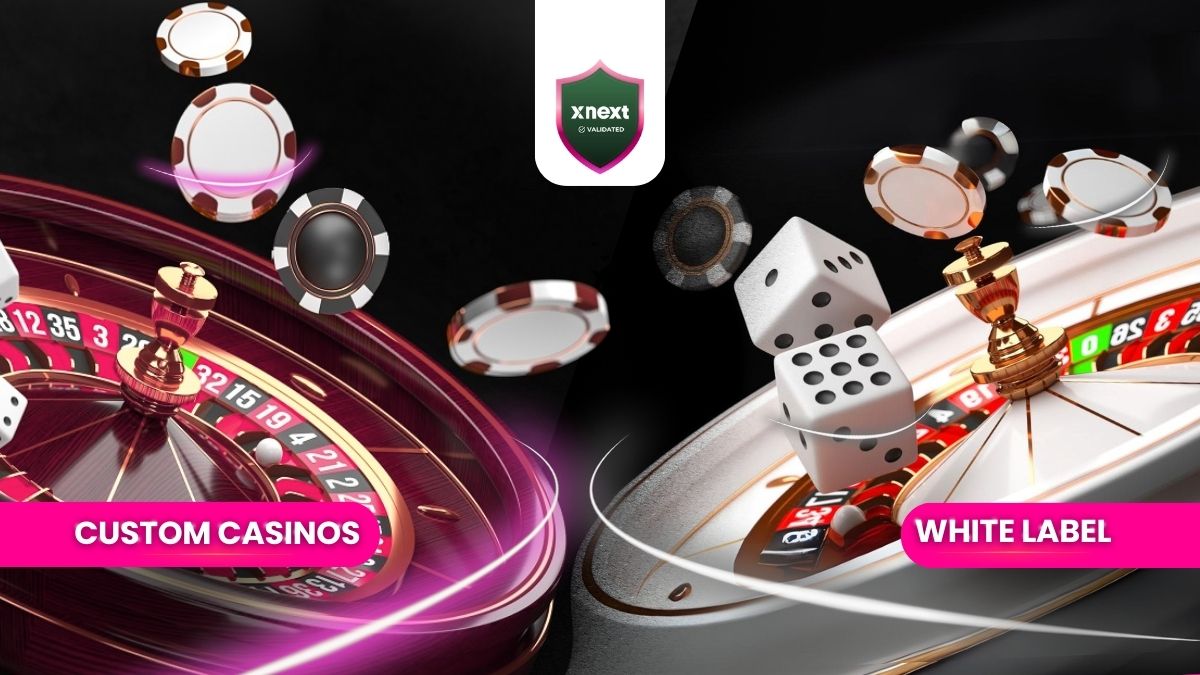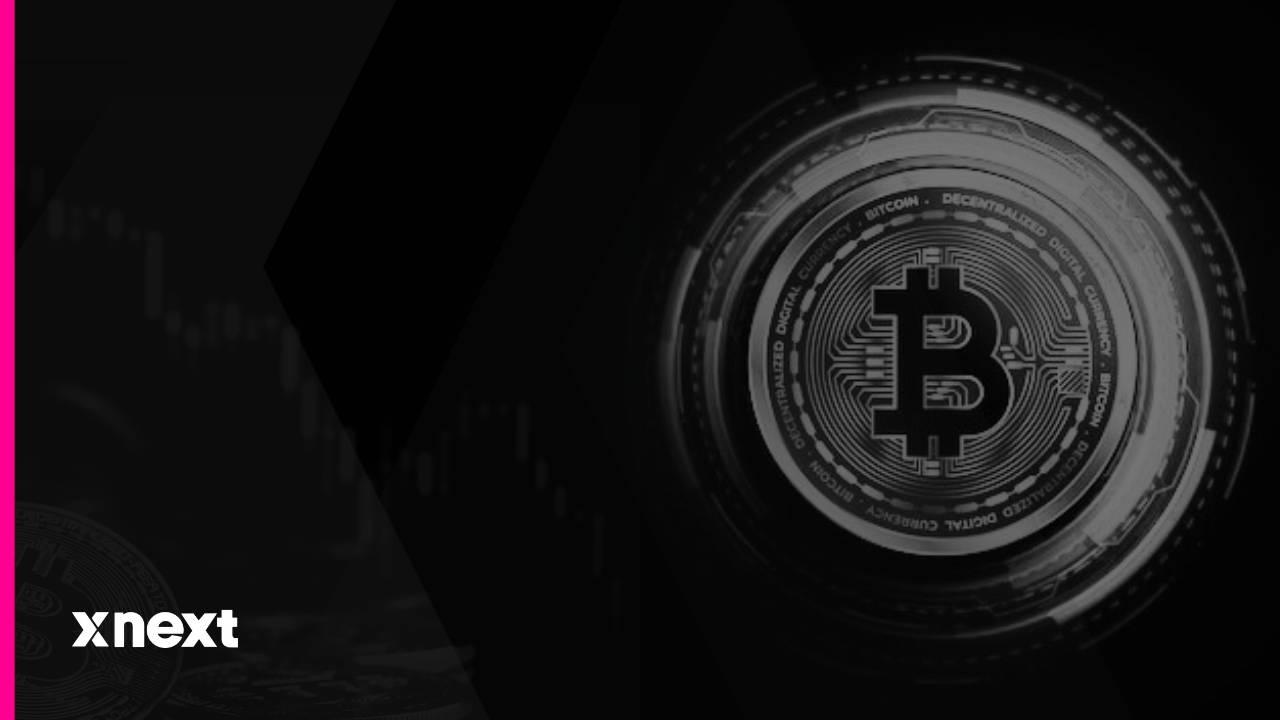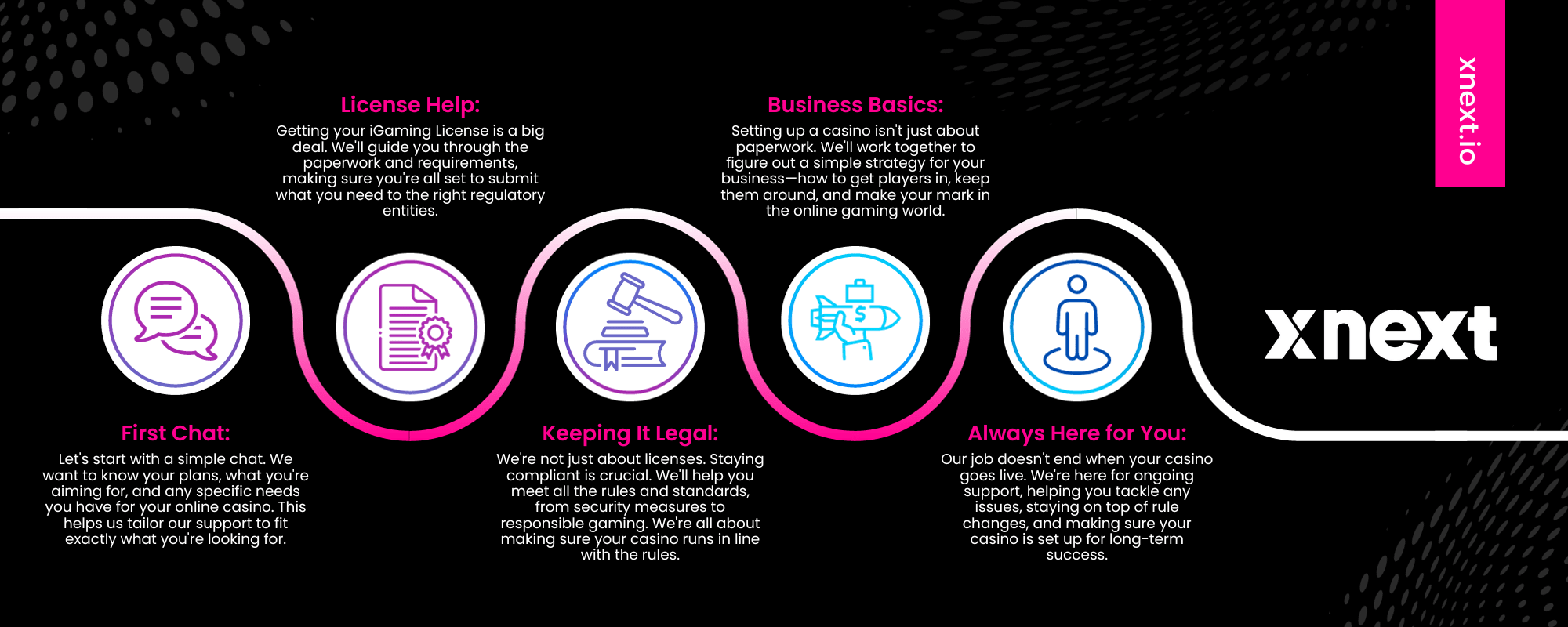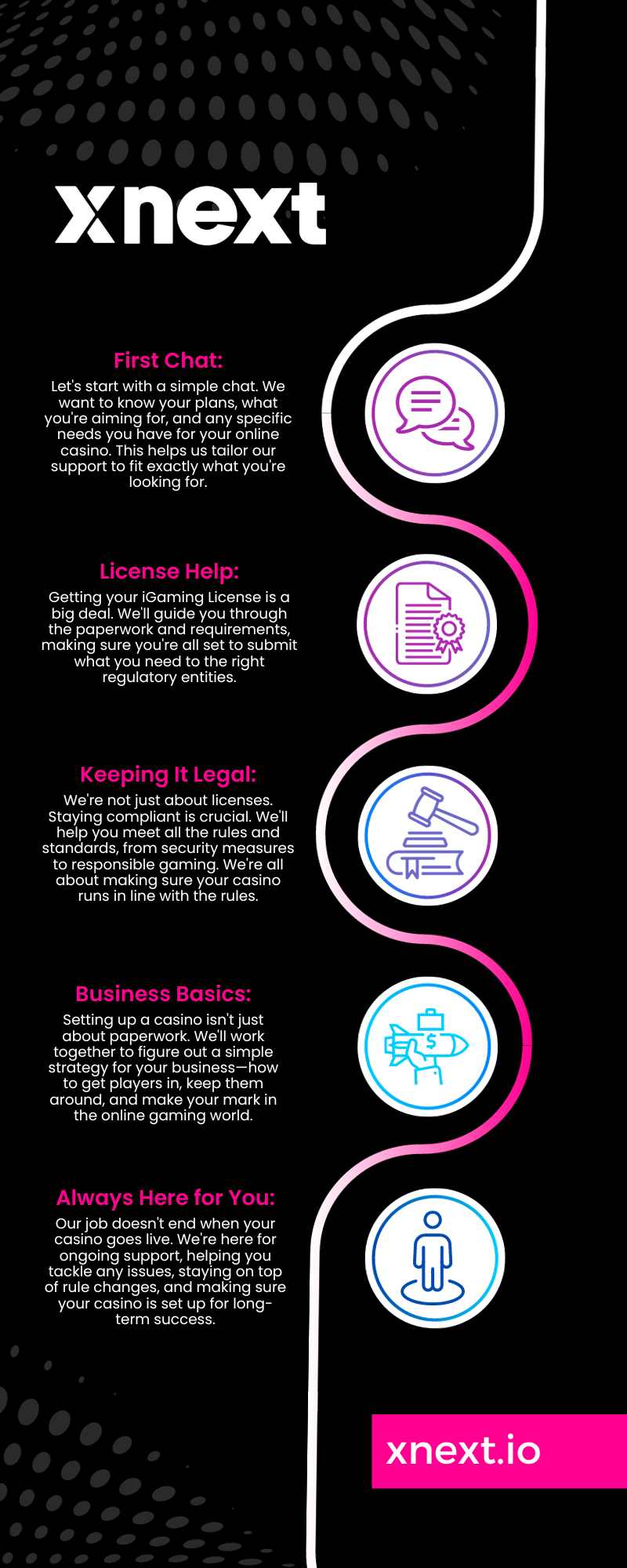A gaming license is essential for the functionality and credibility of any company in this sector. Beyond being a bureaucratic requirement, it plays a crucial role in building user trust and supporting business integrity.
In this article, we will explain the importance of a gaming license and its acquisition process for operators of casinos, betting houses and online gaming platforms. We will explore the diversity in costs and regulations across different regions worldwide, highlighting how geographical and jurisdictional factors can significantly shape the requirements and fees associated with this process.
Understanding the complex licensing process reveals that a gaming license goes beyond a mere stamp of approval. These licenses stand as guardians of transparency and fairness in the gaming industry, ensuring that participants and players trust the legitimacy and responsibility of operations.
Importance of a Gaming License
Obtaining a gaming license is not just an administrative procedure but a critical step that grants companies in the sector a range of benefits and responsibilities beyond the surface. We will examine key reasons why obtaining a gaming license is essential for any serious operator in the industry.
Reasons to obtain a gaming license
Legality and Compliance:
A gaming license means that a company complies with laws and regulations set by the competent authority. Operating without a license could result in legal penalties, fines and even business closure. Obtaining a license demonstrates a commitment to regulatory compliance.
Player Protection:
Gaming licenses often come with strict requirements to ensure the safety and protection of players. This includes measures such as fund segregation, prevention of compulsive gambling and ensuring that games are fair and transparent. For players, a license provides peace of mind that they are participating in a platform that values their well-being.
Access to Regulated Markets:
In many markets, only licensed companies can operate legally. Obtaining a license opens doors to regulated markets, providing broader access to a qualified user base and the opportunity to expand the brand internationally.
Credibility and Customer Trust:
The gaming license acts as a seal of approval that inspires trust in players. Users are more likely to engage in gambling on platforms approved by regulatory authorities.
Positive impact on player trust and business credibility:
The relationship between obtaining a gaming license and player trust is symbiotic. The license functions as an implicit contract between the operator and the player, where the former commits to providing a safe and fair gaming environment and the latter trusts that their interests are protected. This trust translates into tangible benefits for the business, such as:
Customer Loyalty:
Players are more likely to be loyal to a platform that operates transparently and responsibly. The gaming license supports the image of integrity and can become a key differentiator in a competitive market.
Attraction of Investments:
Obtaining a license can also be attractive to potential investors and partners. Knowing that a company complies with regulations and operates ethically increases investor confidence, facilitating the acquisition of funds for business growth and development.
Online Casino Gaming License Allows:
- Acquiring software from leading manufacturers.
- Customizing reliable payment systems on the website to receive payments and distribute prizes in various ways.
- Operating an honest and legal business.
Building trust with the audience: Players will not deposit their money in a dubious casino without a license, ensuring the payment of winnings. Moreover, the network has many licensed online sources offering comfortable conditions for mutual cooperation.
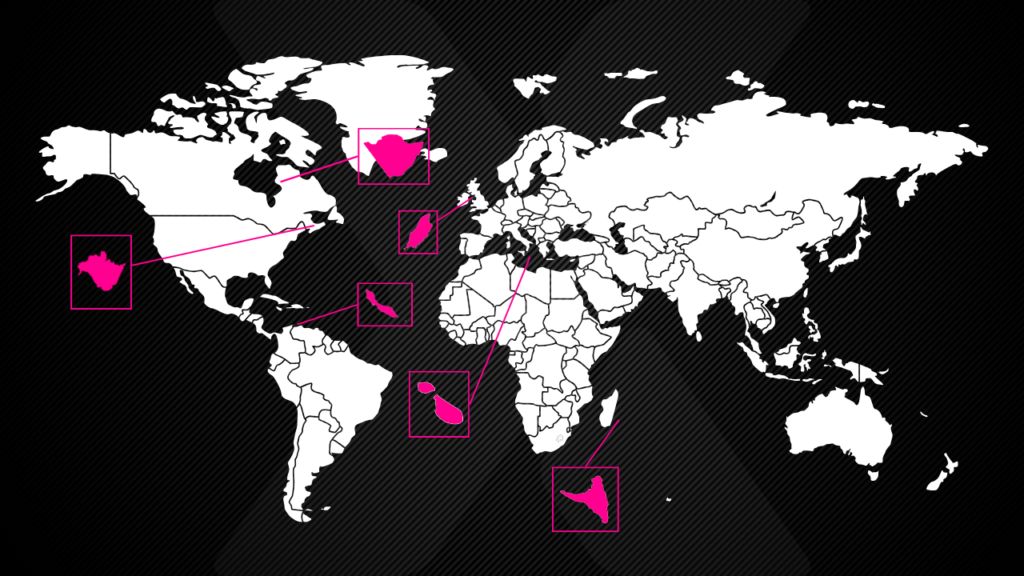
Key Gaming Jurisdictions Worldwide
Several gaming jurisdictions can ensure that millions of players worldwide receive a safe and fair gaming experience. Here are the most prominent ones in the iGaming industry right now:

Tobique
- The Tobique License is designed with a clear, robust and transparent framework.
- It emphasizes innovation, security and speed in operation.
- The Tobique License is presented as a comprehensive option, meeting industry standards and needs.
Kahnawake:
- International Recognition and Flexibility: It is globally recognized.
- It offers flexible licensing options, adapting to specific business models in iGaming.
- Reputation: Highly respected in the iGaming industry.
Anjouan:
- Fast Licensing Process: Anjouan is known for its efficient licensing process.
- The regulatory framework in Anjouan may be more flexible compared to some other jurisdictions.
- Anjouan offers relatively affordable online gaming licenses.
Curacao:
- Curacao has a long history of online gambling regulation.
- A Curacao license is recognized and respected in many regions.
- The tax structure in Curacao is usually favorable for iGaming operators.
Isle of Man:
- The Isle of Man has a solid reputation in the online gaming industry.
- Licensed operators on the Isle of Man can offer a wide range of online gaming services.
- The Isle of Man offers favorable tax conditions for online gaming operators.
Malta:
- Malta is a member of the European Union (EU) and a license from the Malta Gaming Authority (MGA) is recognized throughout the EU.
- The MGA is known for its strict regulatory standards, ensuring a high level of player protection, security and fair gaming practices.
- Malta has established itself as a hub for the iGaming industry.
How Much Does a Gaming License Cost?
The cost of a gaming license depends on many factors and can vary depending on the client’s project. The price can range from €20,000.00 to €100,000.00 (and more), depending on the type of license and structure.
Process for Obtaining a License:
Obtaining a gaming license involves a meticulous process that varies depending on the jurisdiction and the type of license sought. Here, we break down the common steps that gaming operators typically follow and provide practical tips to streamline the process and reduce unnecessary costs.
Common Steps to Obtain a Gaming License:
Business Plan: Have a business plan to determine which market to target and thus determine the most suitable license.
Documentation Preparation: Legal Structure Anti-Money Laundering (AML) Policy. Terms and Conditions, in accordance with the law. Responsible Gaming Policy. Financial Projection. These are general requirements requested by different jurisdictions, but keep in mind that they are not the only ones.
Formal Application: Submitting a formal application to the regulatory authority is the next step.
Evaluation and Verification: The regulatory authority will conduct a detailed evaluation, which may include background checks, financial analysis and guarantees of security and fair gaming.
License Issuance: Once all steps are successfully completed, satisfying the requirements, the regulatory authority will issue the gaming license.
Tips to Expedite the Process and Reduce Costs
Strategic Planning:
Planning ahead is essential. Understanding the specific requirements of the jurisdiction and organizing documentation in an orderly manner can speed up the process.
Collaboration with Experts:
Working with advisors and experts can be beneficial. They are familiar with regulations and can guide operators through the process efficiently.
Proactive Compliance:
Anticipating regulatory requirements can help avoid delays. Implementing proactive compliance measures, such as AML and CFT systems, can be beneficial.
Optimization of Technological Resources:
Investing in efficient and secure technologies from the start can save costs in the long run. Implementing appropriate technological measures can also accelerate the approval process.
Continuous Compliance Maintenance:
Once the license is obtained, continuous compliance maintenance is key. This includes regular updates, staff training and adaptation to any changes in regulations.
By following these steps and tips, operators can not only expedite the gaming license acquisition process but also optimize resources and reduce unnecessary costs throughout ongoing operations.
Obtaining a gaming license not only meets legal requirements but also builds the foundation for transparent and ethical operations. In a competitive market, a license is not just a requirement but a hallmark of integrity and trust
Feel free to reach out to XNEXT for expert advice and guidance on the complexities of the online gaming industry.

